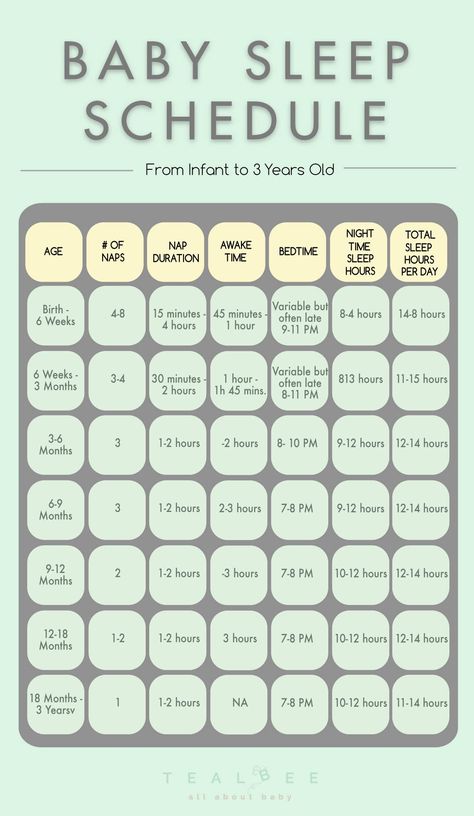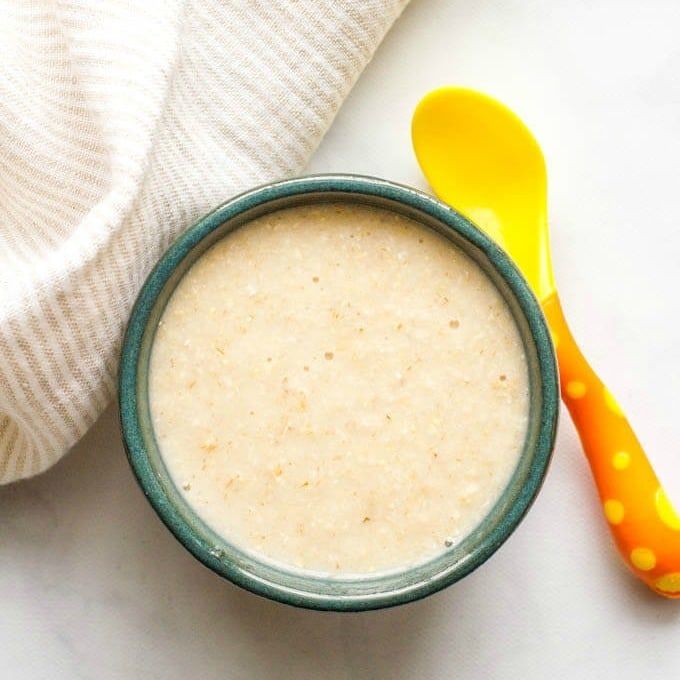Sleep and feeding schedules for baby
Baby Sleep and Feeding Schedules By Age
The proper baby sleep schedule can help your baby sleep better at night and take better naps. This page has sample sleep schedules including feedings for babies and toddlers at different ages. As a sleep consultant for over 10 years, it’s important for you to know there is no one-size-fits-all schedule that works for every baby. Use these as a guideline to find the right schedule for your baby!
What Age Can You Put Your Baby on a Schedule?
You can put your baby on a sleep schedule almost from birth but it’s important not to be too strict until your baby is at least 6 months old. Newborns need to eat and sleep on demand to support a rapid period of growth and development. Once your baby can tolerate staying awake for 2-3 hours at a time, a more consistent schedule can be used.
Even if your baby is young, you can put your baby on a schedule largely based on their “nap gap.” This is the amount of time between sleep periods, including the time between naps and between their last nap and bedtime.
Sample Baby Sleep and Feeding Schedules By Age
Here is a list of our free sample baby sleep and feeding schedules, for your convenience. We strongly recommend you bookmark this page; both the sample schedules below, and the customized schedules you can generate using our simple custom sleep schedule maker (see next section for details) will grow with your child, and will be useful for a long time to come.
Keep in mind that newborn schedules are generally much more variable than older children’s schedules. A baby doesn’t really get on a clock-based schedule until 6 months old, on average, though some are naturally more predictable than others. Some older babies and toddlers can struggle with schedules that are too rigid to the clock, so you will want to use what you know best about your own baby or toddler to adjust your schedule to fit his or her personality and temperament. If you need help with a personalized sleep and feeding schedule, we can help you there, too!
Newborn Schedules
Newborns need between 14 and 17 hours of sleep in a 24-hour period and can stay awake 1-2 hours at a time, on average.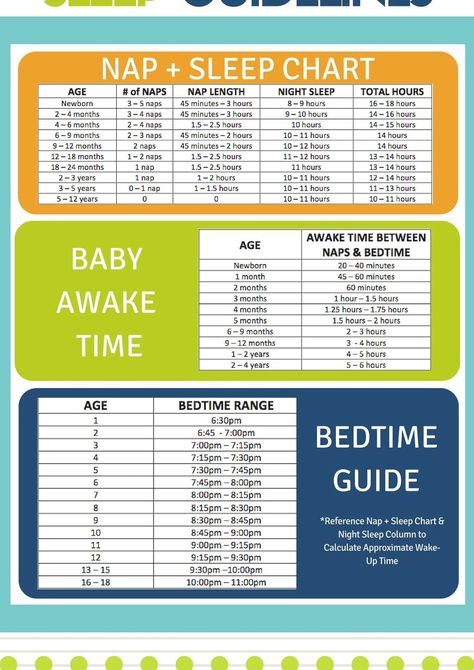 An early bedtime doesn’t form until around 8-12 weeks old, on average. Before then, you will want to keep bedtime later around 9 or 10 p.m. like yours. Otherwise, your baby might start the day too early.
An early bedtime doesn’t form until around 8-12 weeks old, on average. Before then, you will want to keep bedtime later around 9 or 10 p.m. like yours. Otherwise, your baby might start the day too early.
- Newborn Day / Night Confusion Explained
- Newborn Sleep Patterns, Growth Spurts, and Schedules Up to 8 Weeks Old
- Newborn Schedules By Week Up To 16 Weeks Old
- 2 Month Old Baby Sleep Schedule and Development
- 3 Month Old Baby Sleep Schedule and Development
- Eat-Play-Sleep: Pros and Cons
- >How to Get My 2, 3, or 4 Week Old To Sleep
You may also be interested in…
- When Can I Put My Baby on a Schedule?
- How To Put Your Baby On a Nap / Sleep Schedule
- Feed on Schedule or Feed on Demand?
Baby Schedules
Babies 4 to 10 months old need an average of 14 hours of sleep a day with 11-12 hours at night and 2-3 hours during the day. Many babies night-wean in this age range but it varies depending on whether you’re breastfeeding or formula-feeding.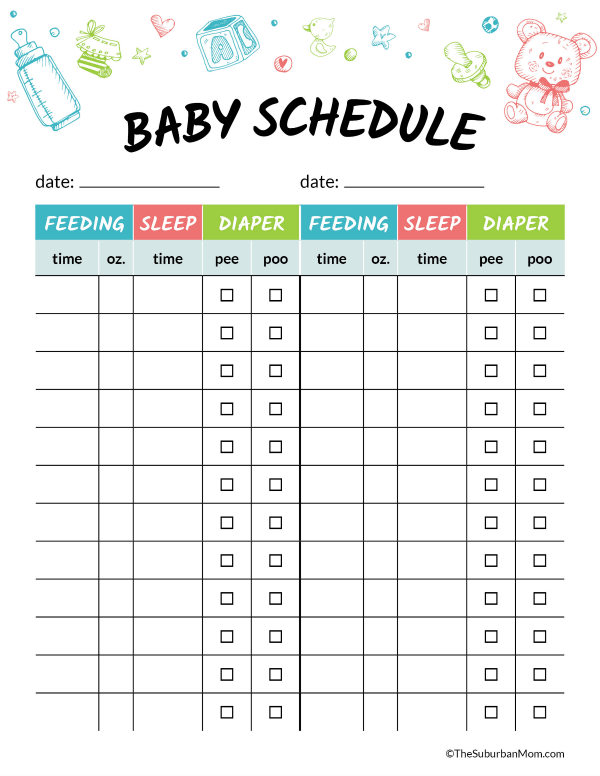 Each schedule below will discuss what to expect for babies at that age.
Each schedule below will discuss what to expect for babies at that age.
- 4 Month Old Baby Sleep Schedule
- 5 Month Old Baby Sleep Schedule
- 6 Month Old Baby Sleep Schedule
- 7 Month Old Baby Sleep Schedule
- 8 Month Old Baby Sleep Schedule
- 9 Month Old Baby Sleep Schedule
- 10 Month Old Baby Sleep Schedule
You may also be interested in…
- Wake Windows By Age Chart
- Night Feedings by Age and When Do You Night-Wean?
- Schedules for Breastfeeding and Formula-Fed Babies
- How Rigid Should Your Baby’s Sleep Schedule Be?
Toddler Schedules
Toddlers need 13-14 hours of sleep a day with 10-12 hours at night and 2-3 hours during the day. The average age to transition to one nap is 15-18 months old though quite a few 13-14-month-olds will, too. And, the average age to stop napping is 3-4 years old.
- 11 Month Old Baby Sleep Schedule
- 12 Month Old / 1 Year Old Toddler Sleep Schedule
- Why Not All 12 Month Olds Transition To One Nap
- When Do Babies Drop to One Nap? 5 Signs to See Before Switching
- Toddler Sleep Schedules By Month — From 12 Months to 3 Years Old
- 3 Signs Your Toddler Is Ready To Stop Napping
Custom Baby and Toddler Sleep Schedule Maker
Use our schedule maker to get a custom sleep schedule that’s based on your child’s age and usual morning wake-up time! Use this in combination with our sample schedules above to create the perfect schedule for your little one.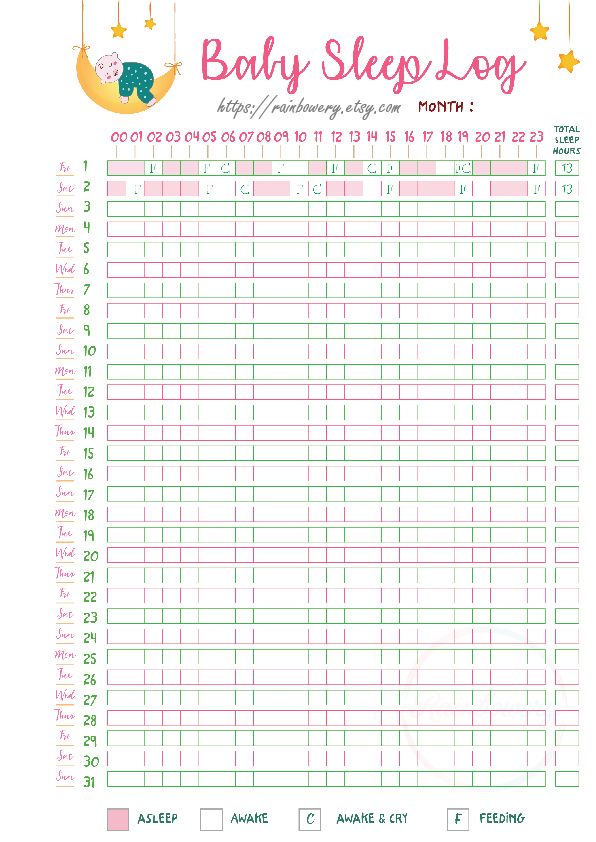 With an age range that spans 4 months to 3+ years, this schedule maker is one you will want to come back to again and again as your child grows!
With an age range that spans 4 months to 3+ years, this schedule maker is one you will want to come back to again and again as your child grows!
Click here to get your custom baby sleep schedule.
You may also be interested in…
- Schedules for Breastfeeding and Formula-Fed Babies
- How Rigid Should Your Baby’s Sleep Schedule Be?
- Sibling Series Part 2: Juggling Different Baby and Toddler Sleep Schedules
- Sibling Series, Part 3: How To Maintain Twins and Multiples Sleep and Feeding Schedules
Need Baby and Toddler Sleep Help? We Have the Resources You Need!
If you are tired of wading through stacks of baby sleep books that just aren’t working, if you are beyond exhausted and just can’t solve your child’s sleep problems on your own…than personalized sleep consulting is for you. Our team of expert consultants will create a Personalized Sleep Plan® just for your family and then support you through every step of implementing your plan.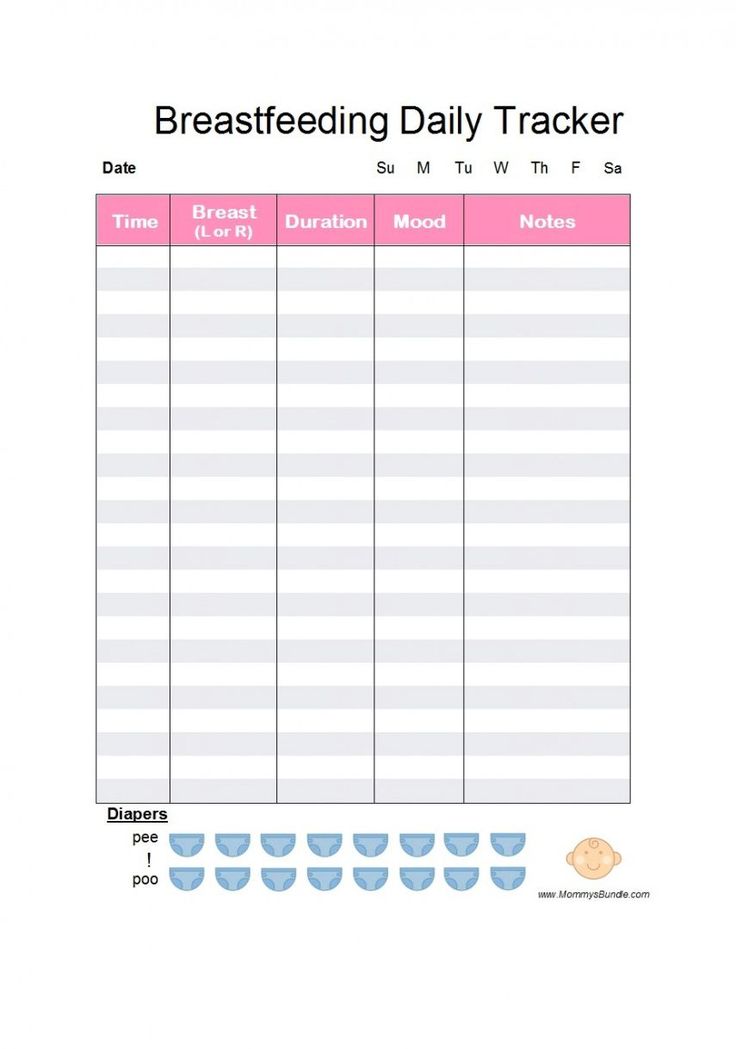 We encourage you to consider our personalized, one-on-one baby and toddler sleep consultation packages if you want to see real, meaningful results now. Your consultation package also includes ample follow-up help, designed to help you troubleshoot problems and tweak your plan as needed.
We encourage you to consider our personalized, one-on-one baby and toddler sleep consultation packages if you want to see real, meaningful results now. Your consultation package also includes ample follow-up help, designed to help you troubleshoot problems and tweak your plan as needed.
Looking for budget-friendly custom sleep help? Enjoy customized sleep help that works without breaking the bank! Our Express Sleep Plan® is customized to fit your baby’s unique sleep needs and to work with your parenting style and goals, and it’s also priced to work for even the tightest budgets. It’s also available instantly – just complete a brief questionnaire, submit your answers, and your Express Sleep Plan® is ready to download in moments! Grab your Express Sleep Plan® today!
Or, join our VIP Members Area packed with exclusive content and resources: e-Books, assessments, detailed case studies, ask the author, live chat with a sleep consultant, and more. It costs less to join than buying products separately!
It costs less to join than buying products separately!
About Nicole
Nicole Johnson is the founder and lead sleep consultant of The Baby Sleep Site®. Since she began in 2008, and with the help of her team of sleep consultants, she has helped over 40,000 families improve their sleep. She has also held a position on the board of the International Association of Child Sleep Consultants (IACSC) since 2015. Millions of visitors land on The Baby Sleep Site each year, and Nicole and her team are here to find solutions for your family’s sleep problems that will match your baby’s temperament and your parenting style.
Learn More
2 Month Old Baby Schedule | Sample Schedules
2 month old babies need an average of 14-16 hours of sleep a day. Newborns this age generally sleep 9-12 hours at night though not consecutively as they typically need to eat every 2 1/2 to 3 hours, on average. During the day, babies at 2 months old will need to sleep 4-6 hours total.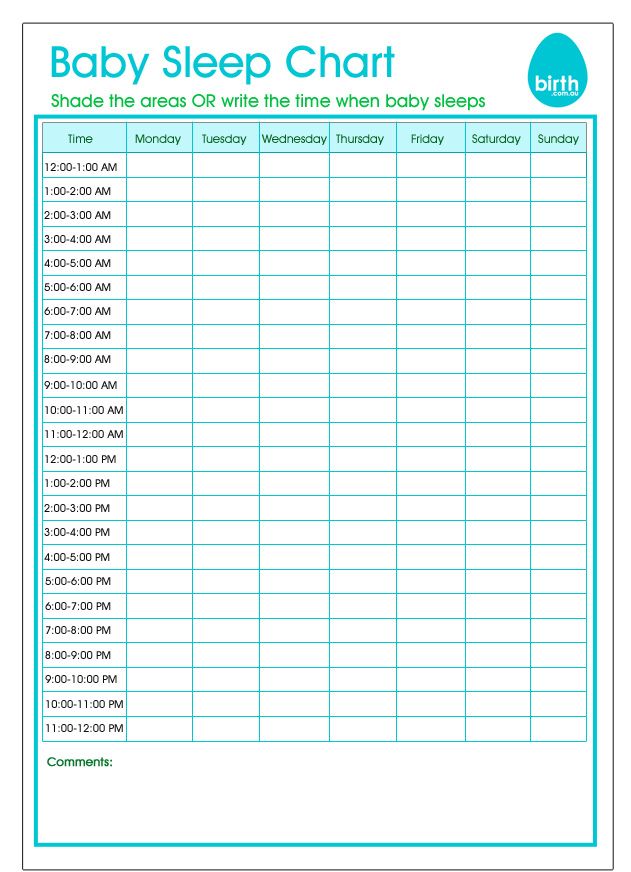 This article outlines the average 2-month-old baby schedule, including milk feedings for breastfeeding and formula-feeding babies, solids, naps, and nighttime sleep. As a sleep consultant for over 10 years, I will also share typical sleep habits and tips to get your baby to sleep through the night. Or, you can simply skip to the schedule if you prefer.
This article outlines the average 2-month-old baby schedule, including milk feedings for breastfeeding and formula-feeding babies, solids, naps, and nighttime sleep. As a sleep consultant for over 10 years, I will also share typical sleep habits and tips to get your baby to sleep through the night. Or, you can simply skip to the schedule if you prefer.
2 Month Old Baby Sleep and Development
At 2 months, your baby is moving past the newborn stage but is still considered a newborn. Your baby is likely extending their wake windows and staying awake longer during the day. They might also be starting to smile more at you and show some personality. It’s such a wonderful time of development!
By 2 months old, your baby’s sleep is likely still a bit erratic as sleep begins to organize. Your baby may sleep in longer stretches at night within the next few weeks, and be awake more during the day. It may take some time to get there, so if your 2-month-old is still very sleepy, that’s normal!
Most 2-month-olds sleep 9-12 hours at night and 4-6 hours during the day broken into several naps.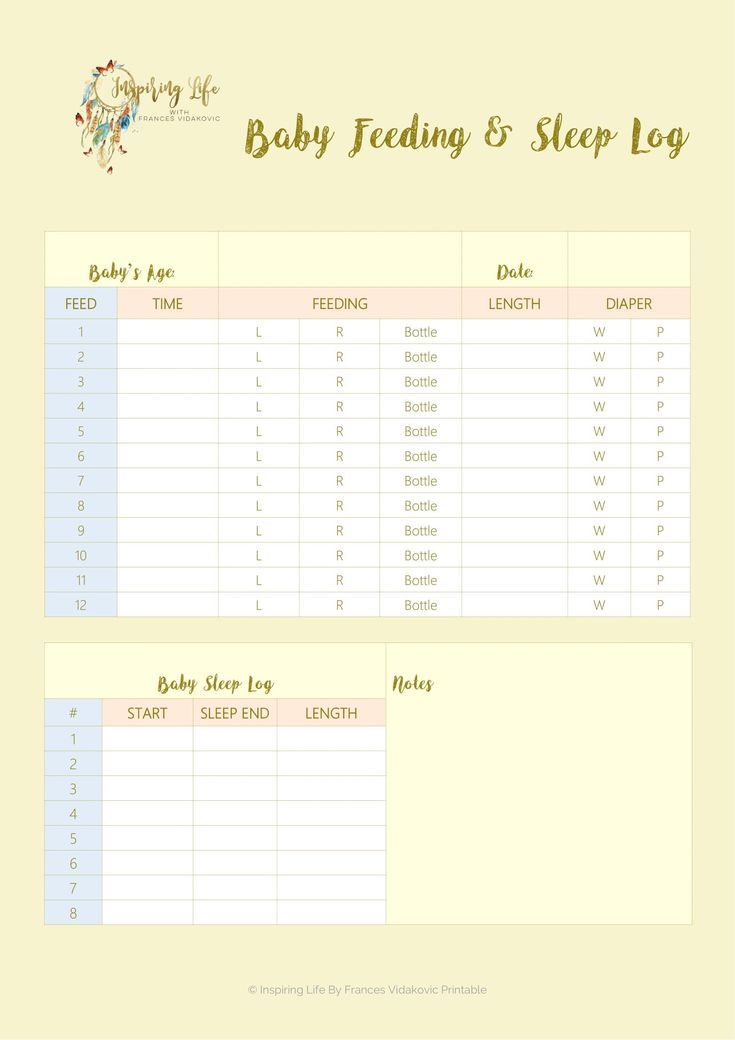 Many 2-month-olds are still eating several times a night or every 3 hours. Bedtimes aren’t always very early at this age given babies aren’t yet sleeping 11-12 hours, yet, as they will at 4 months old. As your baby grows and matures, he or she will consolidate sleep and transition to just 3 naps by 5-6 months old.
Many 2-month-olds are still eating several times a night or every 3 hours. Bedtimes aren’t always very early at this age given babies aren’t yet sleeping 11-12 hours, yet, as they will at 4 months old. As your baby grows and matures, he or she will consolidate sleep and transition to just 3 naps by 5-6 months old.
You May Also Be Interested In…
- 7 Common Napping Mistakes
- Night Feedings by Age, and When Do You Try Night-Weaning?
- 5 Ways to Help Your Baby Sleep Through the Night
How Many Naps for a 2 Month Old?
Most 2 month old babies take 4 to 5 naps each day that total 4 to 6 hours of sleep. They take so many naps because babies this age stay awake just 1 to 1 1/2 hours at a time. There are a few babies who organize their sleep earlier and will gravitate toward a 4-nap schedule similar to a 4 month old schedule. However, if your baby doesn’t and is taking short naps, this is considered normal.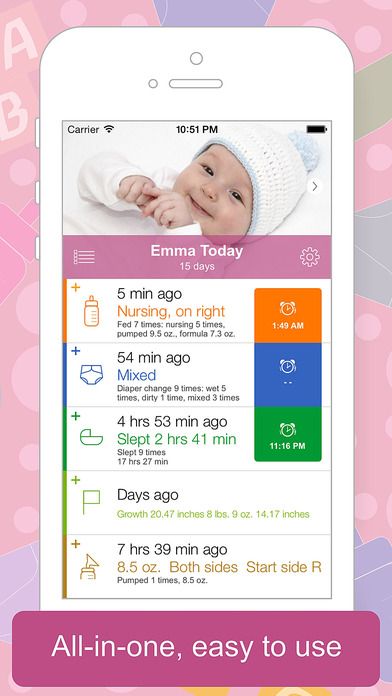 Since they can’t stay awake very long during the day, they often “spread” their total daytime sleep across the day.
Since they can’t stay awake very long during the day, they often “spread” their total daytime sleep across the day.
2 Month Old Baby Feeding
Your baby will likely also start to consolidate feedings beginning around 2 months old, especially if formula-fed. Your baby’s stomach capacity is getting bigger, so your 2-month-old baby will begin to be able to go for longer stretches between night feedings. Do remember, though, that if you are breastfeeding, you’ll want to continue to breastfeed at least every few hours during the day, and your baby will continue to need night feedings at this age, which also maintains your milk supply.
Most babies this age will eat every 3-4 hours during the day.
If your baby is still waking frequently at 2 months old, you may start to wonder about introducing solid food, in order to help your baby sleep. However, keep in mind that starting solids doesn’t usually improve sleep, and 2 months old is still considered too young to begin solid food. It’s best to stick exclusively with breastmilk or formula unless your healthcare provider indicates you should do otherwise.
It’s best to stick exclusively with breastmilk or formula unless your healthcare provider indicates you should do otherwise.
You May Also Be Interested In…
- 12 Hours By 12 Weeks Old: 10 Important Cautions
- 2-3 Month Old Baby Sleep Guide
- Baby Feeding Chart: How Many Ounces By Age
Sample 2 Month Old Baby Sleep and Feeding Schedules
Putting it all together, all babies are unique, but here are sample schedules you can use to make your own for your unique baby.
Breastfeeding 2 Month Old Baby Schedule (or Babies with small, frequent feedings such as babies with reflux)This first sample schedule is primarily for breastfed babies (or formula-fed babies who have reflux or similar) who eat more frequently during the day. These babies often do better eating before their naps so they will sleep longer at nap time. This is NOT an Eat-Play-Sleep, schedule, though. See below for Eat-Play-Sleep.
| 2 Month Old Sleep Schedule With Feedings | |
|---|---|
| Time | Activity |
| 7:00 AM | Wake and Feed (*Fixed Point) |
| 8:30 AM | Morning Nap (*Fixed Point) |
| 9:00 AM | Feed (upon waking; no need to wake baby up!) |
| 11:00 AM | Late Morning Nap |
| 11:30 AM | Feed (upon waking or before the nap if the first nap was longer) |
| 1:30 PM | Feed and Early Afternoon Nap |
| 4:00 PM | Feed and Catnap (30-45 minutes; can be “on the go”) |
| 6:00 PM | Feed and Catnap (30-45 minutes; can be “on the go”) |
| 8:00 PM | Feed and Catnap (30-45 minutes; can be “on the go”) |
| 9:30 PM | Begin your bedtime routine |
| 10:00 PM | Feed and Bedtime (goal to be asleep by this time) |
+ 2-3 night feedings
* We recommend you make these fixed points in your baby’s schedule.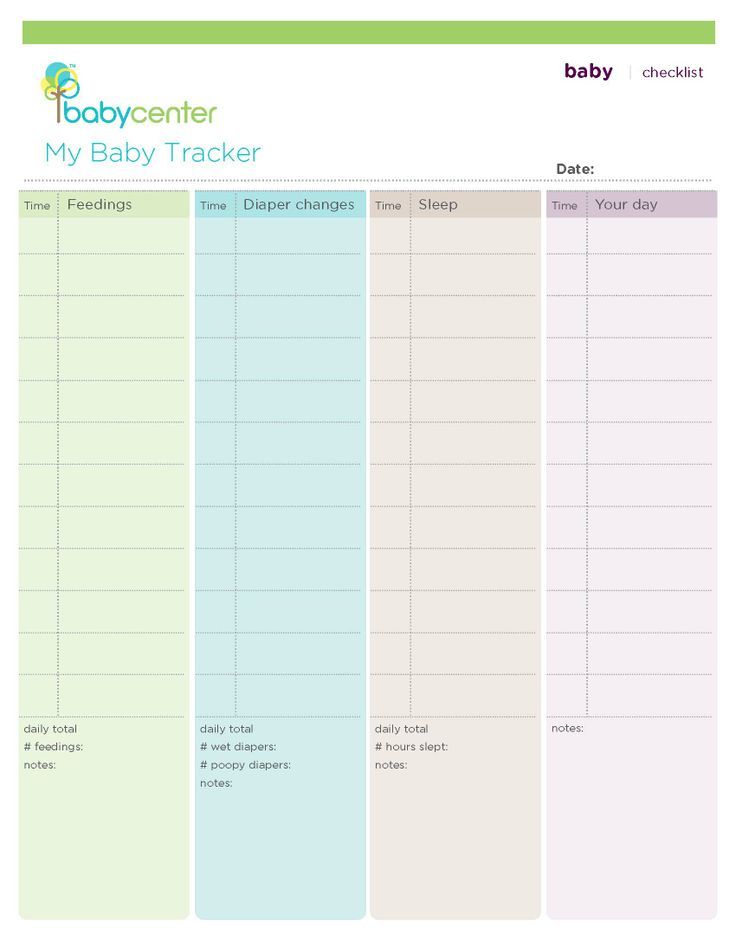 You can read more about this in our article on fixed points in a baby schedule.
You can read more about this in our article on fixed points in a baby schedule.
This second sample schedule is for babies who can go longer between feedings and can follow an Eat-Play-Sleep Scheudle.
| 2 Month Old Sleep Schedule With Feedings | |
|---|---|
| Time | Activity |
| 7:00 AM | Wake and Feed (*Fixed Point) |
| 8:30 AM | Morning Nap (*Fixed Point) |
| 10:00 AM | Feed |
| 11:30 AM | Late Morning Nap |
| 1:00 PM | Feed |
| 2:00 PM | Early Afternoon Nap |
| 4:00 PM | Feed |
| 4:30 PM | Catnap (30-45 minutes; can be “on the go”) |
| 7:00 PM | Feed |
| 8:00 PM | Catnap (30-45 minutes; can be “on the go”) |
| 9:30 PM | Begin your bedtime routine |
| 10:00 PM | Feed and Bedtime (goal to be asleep by this time) |
+ 2-3 night feedings
* We recommend you make these fixed points in your baby’s schedule.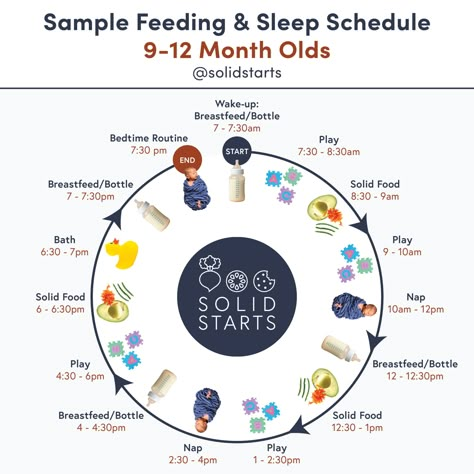 You can read more about this in our article on fixed points in a baby schedule.
You can read more about this in our article on fixed points in a baby schedule.
Note: This schedule follows the eat-play-sleep routine, however, it is sometimes hard to do at this age when the amount of time between naps is not long enough and your baby wakes too early from his nap because of a feeding.
If your baby has already lengthened their nighttime sleep, please consider using one of our 3 month old schedules.
Looking for more sample 2-month sleep schedules?
We have over 40 sample schedules for all ages in our e-Book, Mastering Naps and Schedules. Banish naptime battles and regain control of your day (and your sanity) starting today!
You May Also Be Interested In…
- Custom Schedule Maker (for members only)
- Mastering Naps and Schedules (VIP Members Area digital e-Book)
- Chat Live with a Sleep Consultant (for VIP members only)
- 3 Signs It May Be Time for Night Weaning Your Baby
- Night Weaning Quiz: Is Your Baby Ready To Night Wean?
- How To Put Your Baby On A Schedule (VIP Members Area audio tele-seminar recording with founder)
Want FREE sleep help that you can put to use right away? Download a copy of our free guide, 7 Common Napping Mistakes! The guide is available to download instantly, which means you can start using the techniques in it as early as today.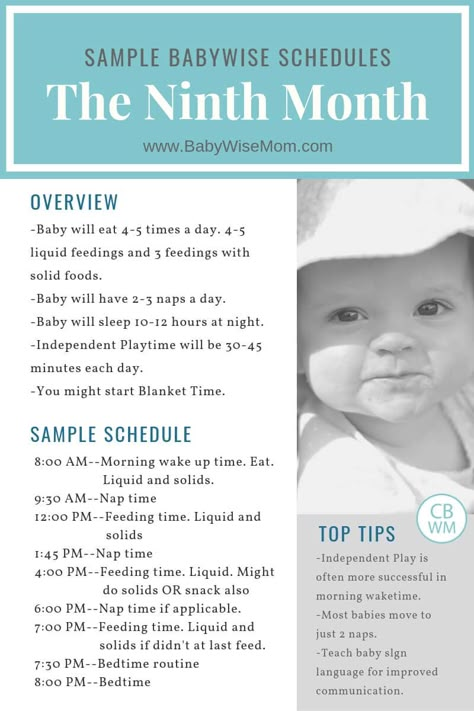 So download now, and learn why your baby is not napping – and what you can do about it.
So download now, and learn why your baby is not napping – and what you can do about it.
Click here to learn more about how to get your free guide.
A better daytime schedule could be just a few clicks away. So don’t wait – download now, and start your journey to better napping today!
The Baby Sleep Site® is a participant in the Amazon Services LLC Associates Program and other product affiliate programs. If you click on a product link and make a purchase, The Baby Sleep Site® may (but not always) receive a small commission from the company selling the product, but will not affect your purchase price. We only recommend products that we believe are quality products and are good for our readers.
Need Baby and Toddler Sleep Help? We Have the Resources You Need!If you are tired of wading through stacks of baby sleep books that just aren't working, if you are beyond exhausted and just can't solve your child's sleep problems on your own.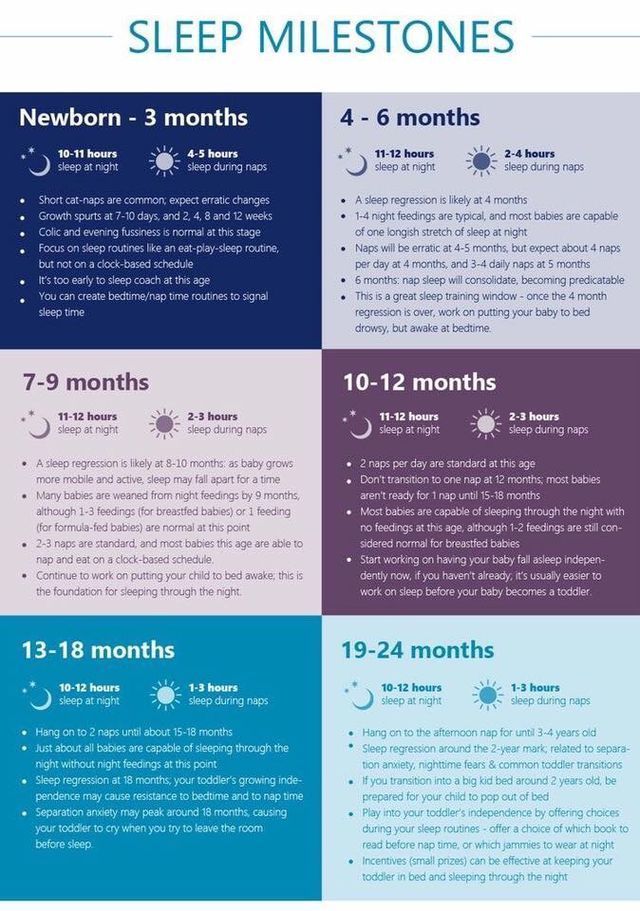 ..then personalized sleep consulting is for you. We have been around since 2008 and invite you to tap into our MANY years of experience. Our team of expert consultants will create a Personalized Sleep Plan® just for your family and then support you through every step of implementing your plan. We encourage you to consider our personalized, one-on-one baby and toddler sleep consultation packages if you want to see real, meaningful results now. Your consultation package also includes ample follow-up help, designed to help you troubleshoot problems and tweak your plan as needed.
..then personalized sleep consulting is for you. We have been around since 2008 and invite you to tap into our MANY years of experience. Our team of expert consultants will create a Personalized Sleep Plan® just for your family and then support you through every step of implementing your plan. We encourage you to consider our personalized, one-on-one baby and toddler sleep consultation packages if you want to see real, meaningful results now. Your consultation package also includes ample follow-up help, designed to help you troubleshoot problems and tweak your plan as needed.
Learn More About Services
For those persistent nighttime struggles, check out The 3 Step System to Help Your Baby Sleep. Using the same unique approach and practical tools for success, this e-book helps you and your baby sleep through the night.
Learn More About The 3-Step System
If you’re looking for ways to get your baby or toddler into a healthy sleeping routine during the day, explore Mastering Naps and Schedules, a comprehensive guide to napping routines, nap transitions, and all the other important “how-tos” of good baby sleep.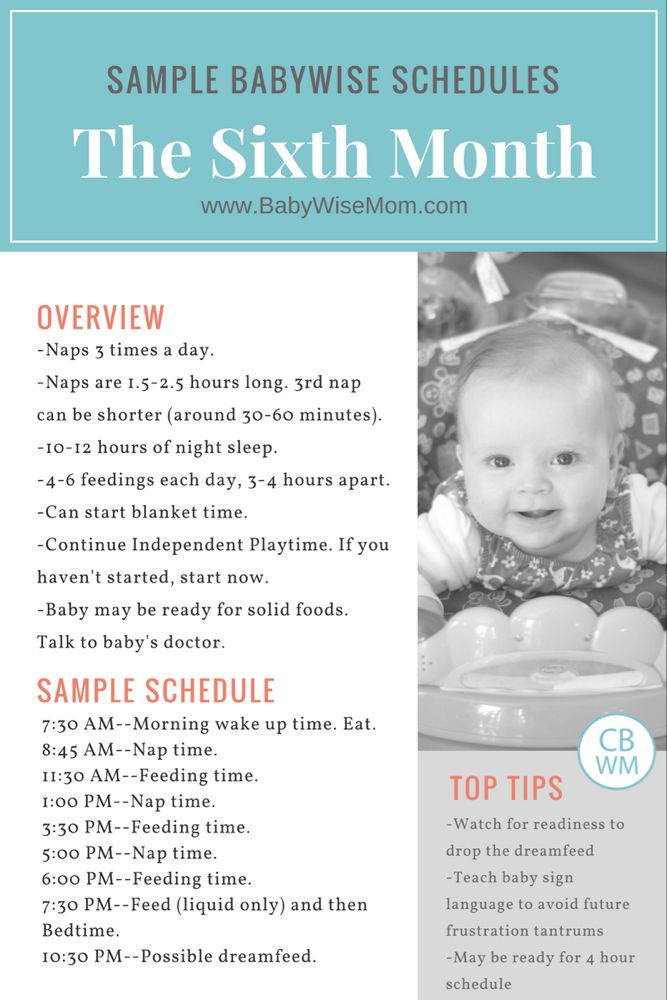 With over 45 sample sleep schedules and worksheets, Mastering Naps and Schedules is a hands-on tool ideal for any parenting style.
With over 45 sample sleep schedules and worksheets, Mastering Naps and Schedules is a hands-on tool ideal for any parenting style.
Learn More About Mastering Naps
For those persistent toddler sleep struggles, check out The 5 Step System to Help Your Toddler Sleep. Using the same unique approach and practical tools for success, this e-book helps you and your toddler sleep through the night and enjoy a better daytime schedule.
Learn More About The 5-Step System
Join our VIP Members Area packed with exclusive content and resources: e-Books, assessments, detailed case studies, expert advice, and more. As a VIP member, you'll also enjoy a weekly chat with an expert sleep consultant.
Learn More About VIP Membership
Daily routine for a child under 1 year old
Daily routine is a system for distributing periods of sleep and wakefulness, meals, hygiene and health procedures, activities and independent human activities throughout the day.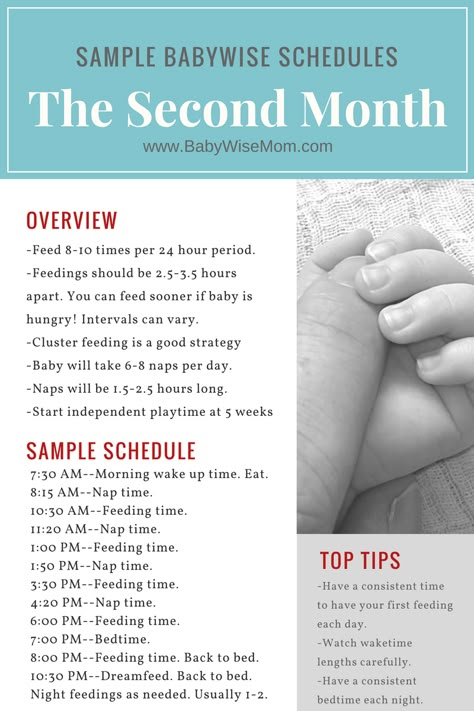
Compliance with a rational daily routine corresponding to the age characteristics of the child contributes to his healthy growth and development. Getting used to performing various types of activities at the same time, the child is prepared for the upcoming type of activity at every moment of time, which ensures their easier and faster implementation. Compliance with the correct daily routine provides a good mood for the child and maintains a keen interest in the study of the world around him, contributing to his normal motor and psychoverbal development.
The child's daily routine includes the following obligatory elements: diet, time spent outdoors during the day, frequency and duration of sleep, mandatory classes to develop skills in accordance with age, free time.
In the first months after birth, a healthy newborn baby sleeps for most of the day, since all external stimuli are very strong for the nervous system of a child, accustomed to a cozy intrauterine environment, and cause its rapid exhaustion.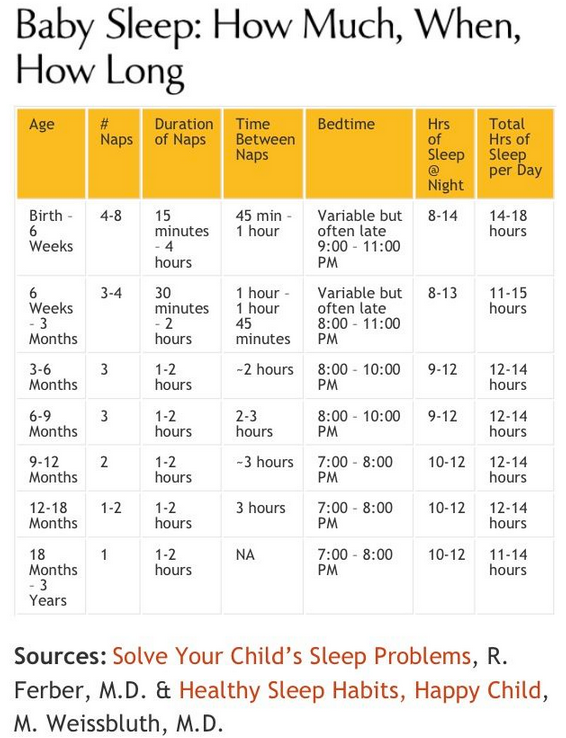 As the child grows older, the duration of sleep gradually decreases and the time of wakefulness increases.
As the child grows older, the duration of sleep gradually decreases and the time of wakefulness increases.
| Age | Daytime sleep mode | Night sleep | Wake mode |
| From birth to 2 months | 6 x 2.5 hours | 6 hours | During feeding |
| 2-4 months | 5 times 2-2.5 hours | 6.5 hours | 4 x 1.5 hours |
| 4-6 months | 4-5 times for 2 hours | 7 hours | 4 times 2 hours |
| 6-9 months | 3-4 times for 1.5-2 hours | 8 hours | 4 x 2.5 hours |
| 9-12 months | 2 x 1.5-2 hours | 9-10 hours | 4 times for 3-4 hours |
Closely related to the sleep-wake mode is the feeding mode of the baby. The sleep of a child in the first months of life is very sensitive and is easily disturbed under the influence of various extraneous stimuli, including hunger.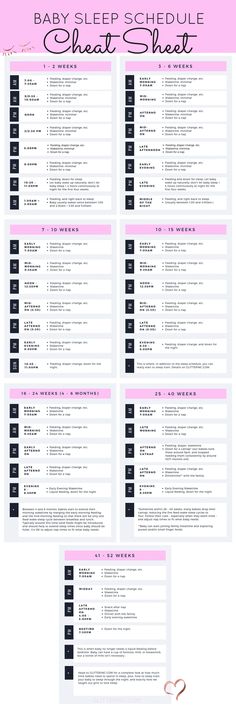
| Age | Mode | Example |
| From birth to 2 months | 7-8 times, every 3 hours | 6,9,12,15,18,21,24 (no night feeding) |
| From 2 to 6 months | 6-7 times, every 3.5 hours | 6, 9.30, 13, 16.30, 20, 23.30 (without night feeding) 6, 9.30, 13, 16.30, 20, 23.30, 03 (with night feeding) |
| From 7-12 months | 5 times, every 4 hours | 6,10,14,18,22 |
A child's stay in the fresh air is essential in the daily routine. The total duration of stay in the open air for children under 1 year of age should be at least 5-6 hours a day. Fresh air has a calming effect on the baby, improves metabolic processes, and increases the body's defenses. In the summer, all games and activities should be held outdoors; in the cold and transitional seasons, two one-time walks of 1.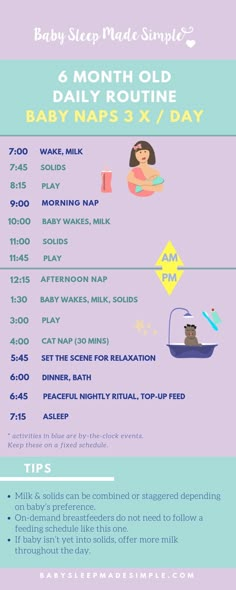 5-2 hours are provided.
5-2 hours are provided.
Fresh air also has a beneficial effect on sleep. By acting on the skin and mucous membranes of the nose and upper respiratory tract, it provides a faster fall asleep of the child and a higher quality of sleep. Sleeping outside can replace a walk, especially during the cold season.
The child's daily routine is generally individual, but ideally, one should strive to ensure that the child eats after waking up, and then stays awake until the next sleep. A well-slept baby eats with appetite and then calmly and actively plays or engages, and tired of games, easily goes to sleep.
When your baby is awake, try to keep him active and cheerful. It is necessary to dress the child in loose clothing that does not hinder movement, provide access to toys appropriate for his age, and most importantly, actively participate in games and activities with the baby as a whole family.
Author - Physiotherapist - DMITRIENKO T.G.
child development from 0 to 1 month
03/01/2019
18
The long-awaited day has come and we finally arrived home with the baby from the maternity hospital.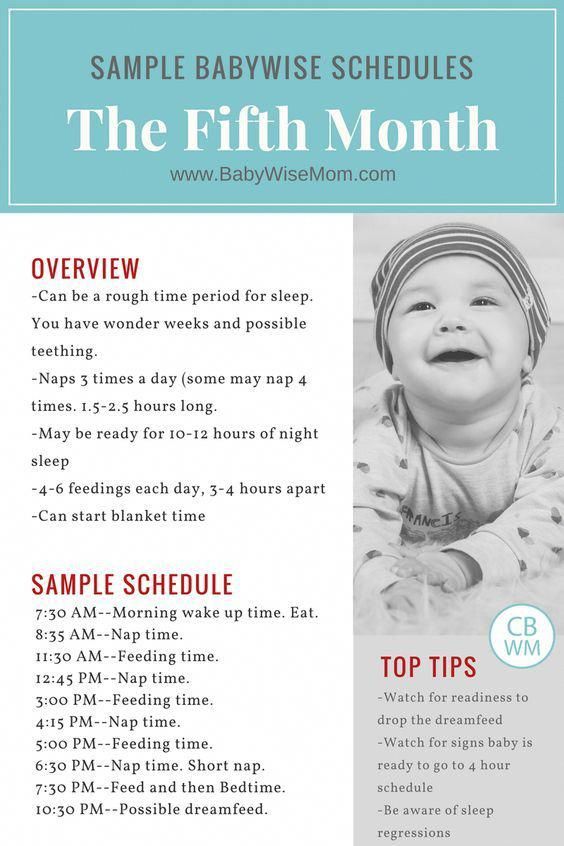 And now, in place of the hospital calmness, where everything seemed so clear, a wave of emotions swept over me. When and how often should I put him to bed? How to combine sleep and feeding from the first days? Should a child have a regime or should not organize a clear schedule?
And now, in place of the hospital calmness, where everything seemed so clear, a wave of emotions swept over me. When and how often should I put him to bed? How to combine sleep and feeding from the first days? Should a child have a regime or should not organize a clear schedule?
All the knowledge was in theory, but it was not easy to put it into practice. Therefore, I share recommendations that it is good for a young mother to know in order to survive such a difficult first month!
Baby's routine
Before we talk about the baby's daily routine, it's useful to remember a few facts about the sleep of babies of this age: Yes, all children are different - some sleep more, others less. But in general, babies need to sleep about 16-18 hours a day.
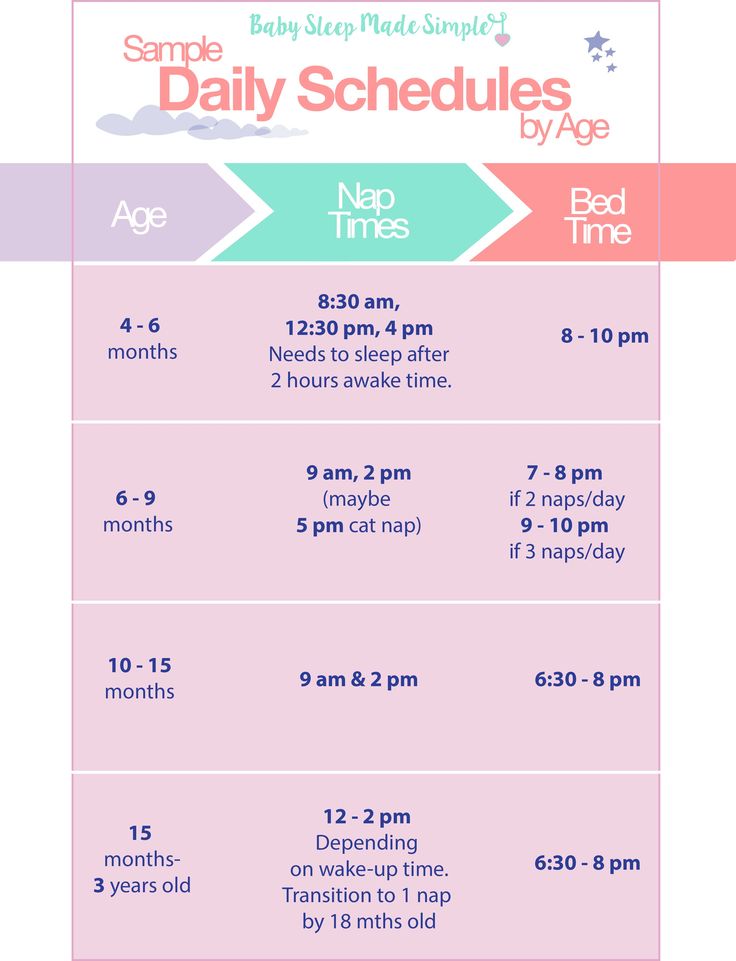 Therefore, all actions to organize the child's day regimen will be directed to this.
Therefore, all actions to organize the child's day regimen will be directed to this. Considering these facts, we can say that it is difficult to create a clear day schedule of 1 month.
Daytime sleep
Daytime dreams will not differ from nighttime. During the day, a newborn baby can sleep both 3-4 hours and 20-40 minutes in one dream.
The longest period of sleep can occur in a day.

How do you know when a baby wants to sleep again? Focus on signs of fatigue in a child: if he rubs his eyes, looks at one point, sucks his thumb, then it's time for him to sleep. It is also recommended not to exceed the awake time for more than 50-60 minutes if the previous sleep was more than an hour. If the sleep was less than an hour, the period of activity of the crumbs will be the same amount of time. Overworking the child leads to long bedtimes, restless sleep at night and an incomprehensible daily routine.
Sleep at night
Sleep can be about 7-10 hours at night. The baby will wake up for feeding. If in the evening your baby began to cry non-stop for several hours, it may be colic. The period of colic lasts up to 6-8 weeks. After feeding, hold the baby upright - this will help his digestion, do a light massage of the tummy.
If you suspect that crying is not related to colic, be sure to contact your doctor.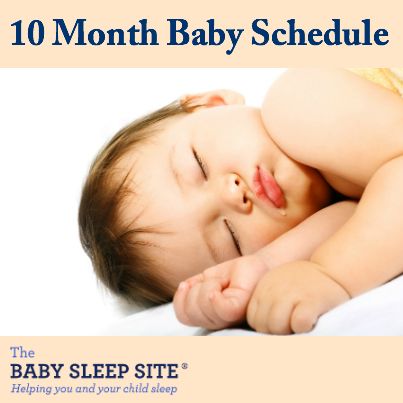 If you are formula feeding, talk to your pediatrician - it is possible that changing infant formula will improve the baby's condition.
If you are formula feeding, talk to your pediatrician - it is possible that changing infant formula will improve the baby's condition.
Confusion of day and night
Until 6-8 weeks of age, babies may confuse day and night due to an immature biological clock.
Take your baby out to bright light during the day and dim the lights at home in the evening. Use a night light with a warm, low light at night during feedings and diaper changes.
How to make it clear to a child of 1 month of age that it is time to start the day or go to bed?
Rituals will come to the rescue - daily repeated actions after waking up or going to bed. In the morning it can be hygiene procedures, and in the evening - bathing, quiet games, swaddling and a lullaby.
Baby bed
To prevent SIDS (Sudden Infant Death Syndrome), certain rules are followed when organizing a baby bed.
-
Always place your newborn on their back.
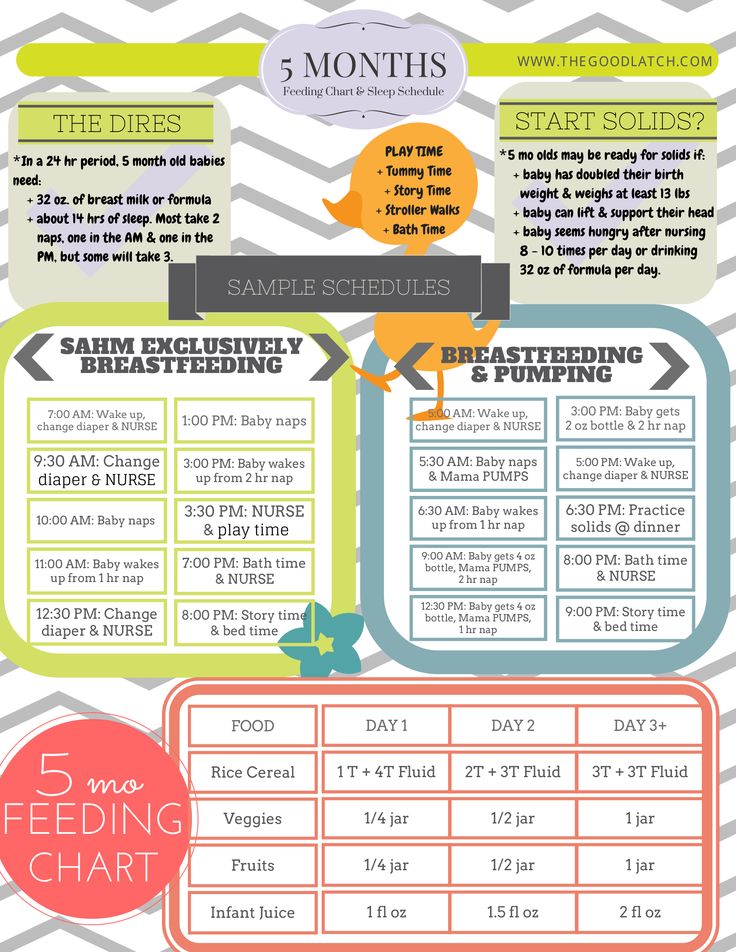 This is the safest position for a baby right now.
This is the safest position for a baby right now. -
Avoid overheating the baby - it is more dangerous for him than the cold. Therefore, pay attention to the temperature in the room: it should not exceed 21-23 degrees in winter and 25 degrees in summer.
-
The child needs to sleep on a flat, firm surface, without blankets, pillows, bumpers, toys or other things.
-
A separate nursery is not needed for up to six months, and sometimes up to a year - a crib in the parents' room is an ideal option for a child to relax. You can remove one wall of the crib and attach it to the bed of the parents. So the baby will be as close as possible to mom at night, but at the same time on a separate surface.
Tips to help your newborn sleep
Feeding your newborn
Feeding on demand is considered to be the best way to manage your newborn's diet.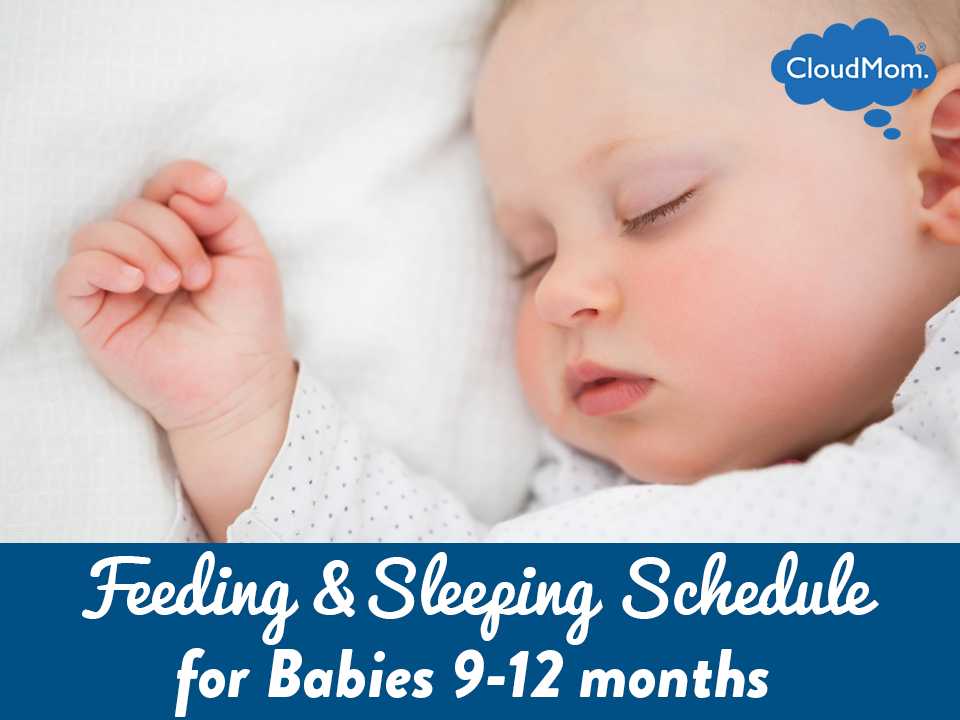
In the early days, breastfeed as often as possible. This stimulates milk production. We feed from 15 to 90 minutes. Prolonged feeding allows a newborn baby not only to satisfy hunger, but also to survive the stress after childbirth and get used to the new world. After the baby is likely to fall asleep. Night feedings are equally important for both the baby and the mother. They will mostly occur every 3-4 hours.
To improve lactation, also try to feed in the early hours of the night.
If a breastfed baby is eating well and gaining weight, he does not need additional food and fluids until 4-6 months of age.
Walks
An important part of the daily routine of a newborn this month. Walking outside helps set your baby's biological clock and improves sleep. You can walk with a healthy and full-term baby starting from the 10th day of life. Increase the time of outdoor walks gradually until the child is 1 year old, starting from 10 minutes in winter and 20 minutes in summer.